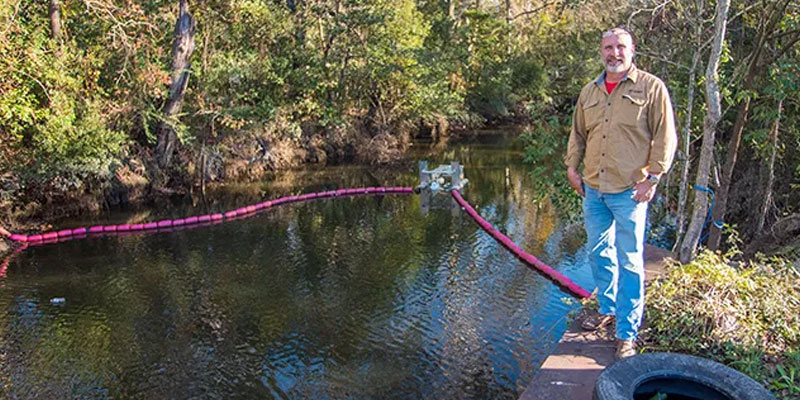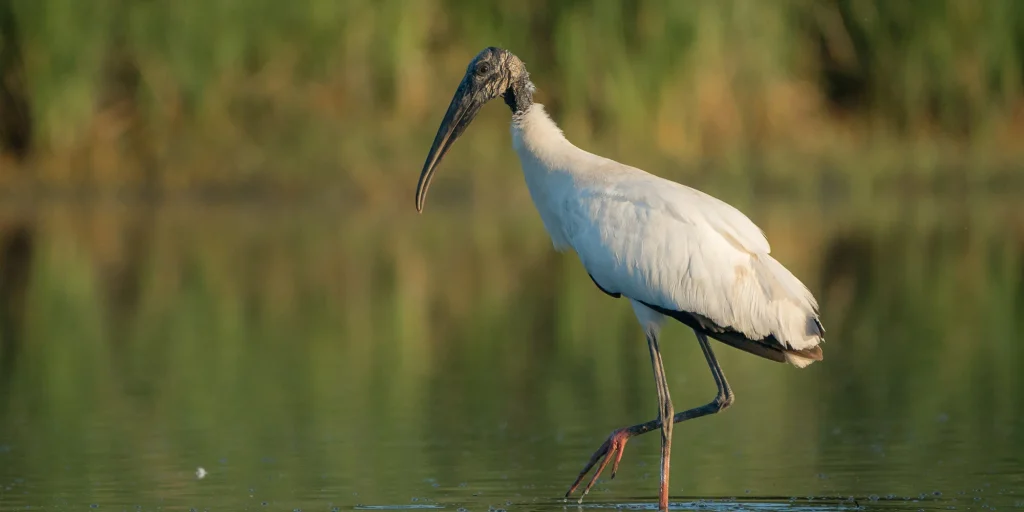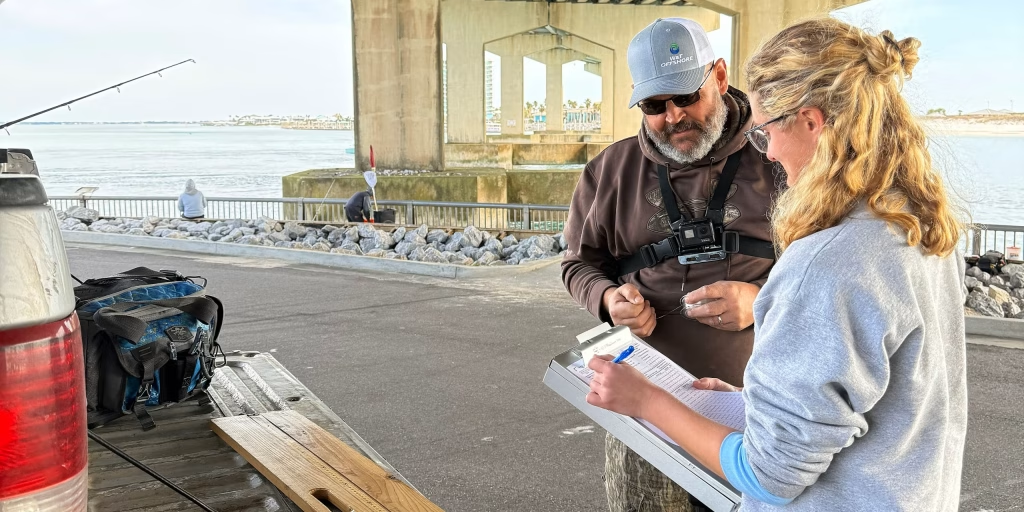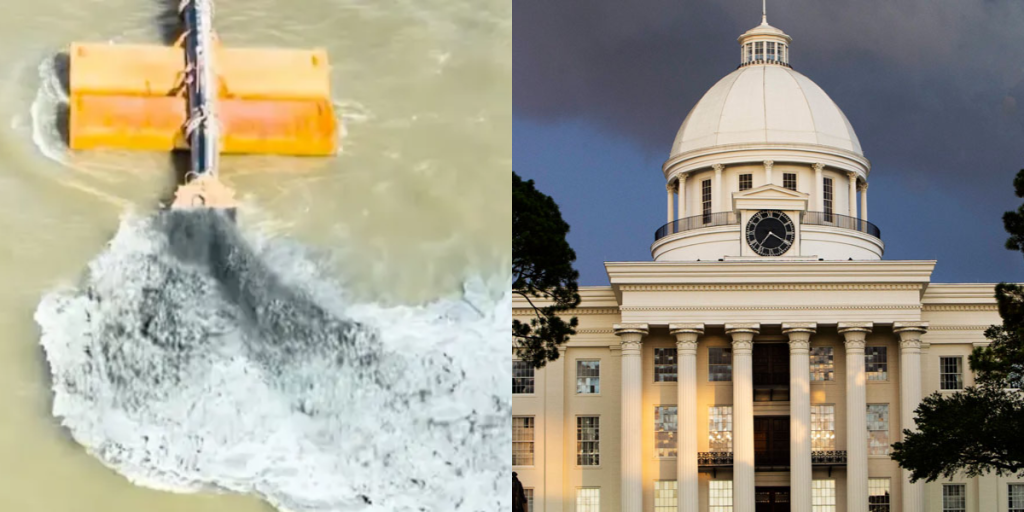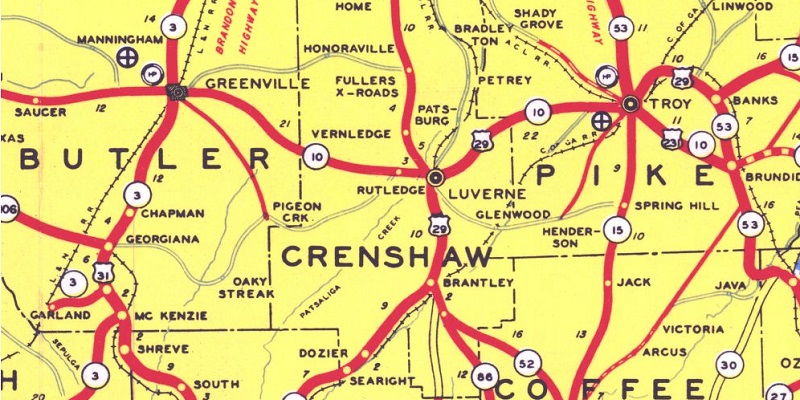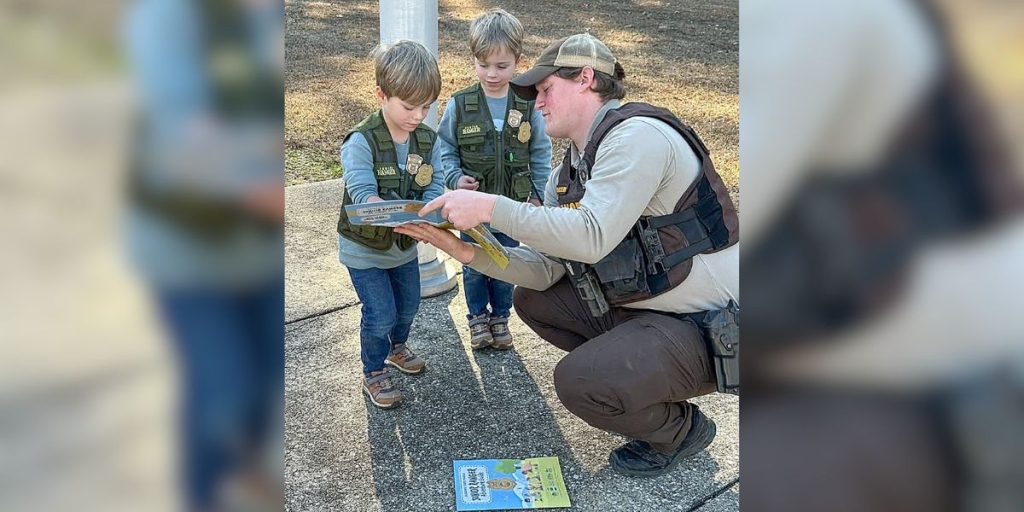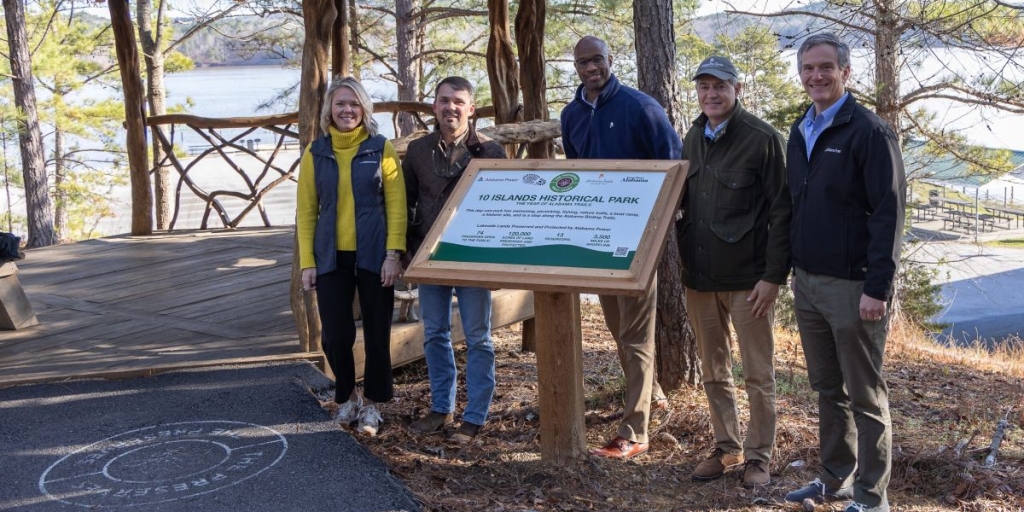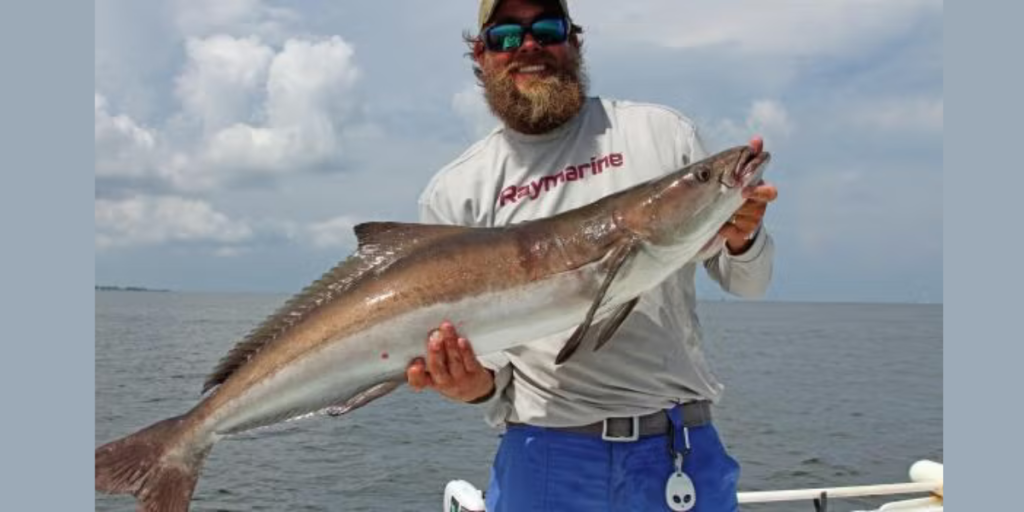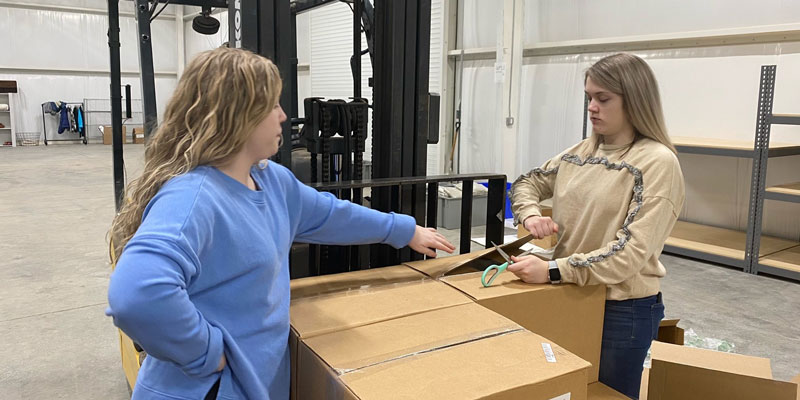Don Bates loves his job.
His official title is “Founder and Owner” of Osprey Initiative (OI) but his business card lists him as CLG.
“Chief Litter Gitter,” Bates said with a grin. “The day I get to put my hip boots on and go to work is a great day.”
Litter Gitter is transforming communities from Alabama NewsCenter on Vimeo.
Bates’ story doesn’t start with trash but rather is rooted in the swamps around Manchac, Louisiana, where he grew up.
“My family is all commercial fishermen from Louisiana,” Bates said. “There’s life in it and the fact that our team can keep the litter out of, we just think that tells the story of the circle of life.”
Bates’ focus on litter didn’t start until 2017 when he was participating in a volunteer cleanup of One Mile Creek in Mobile with his employer, Thompson Engineering, and the Mobile Bay National Estuary Program. More than 200 bags of litter were removed that day, but the sense of accomplishment was quickly replaced with frustration when rain brought more litter.
It was then Bates got to work on creating Litter Gitter, his patented device to collect floating trash in smaller streams and creeks.
“It’s very rewarding because it’s a problem that’s so persistent across our communities,” Bates said. “People just love it.”
Besides the low-maintenance, low-impact design, Bates says the other key difference between the Litter Gitter and other trash collection options is that Litter Gitter is not for sale but rather is available as part of an annual maintenance agreement.
“We handle it all because county and city staff are not set up to work in the water like we enjoy doing,” Bates said. “They can’t tell the staff to get in the water and the volunteers can’t be there all the time.”
As a result, Bates now employs about 20 people who maintain Litter Gitter devices at 41 sites in Alabama, Louisiana, Georgia, North Carolina and Ohio.
“We clean our traps generally within 48 hours of a rain event, and if we have something break on a trap we are usually out there within 72 hours replacing that trap,” Bates said. “It’s an all-in service.”
Data matters
Bates left his job at Thompson Engineering in 2018 to focus his attention full time on growing OI, not just as a supplier of Litter Gitter services but as an expert in tactical environmental solutions.
“We started with Litter Gitters and litter cleanups and we’ve turned into litter consulting,” Bates said. “We just get a better feel for how water moves the litter. We love it.”
Much of that feel is because of OI’s deliberate effort to analyze the trash its Litter Gitter devices collect. Bates said his team uses the Escaped Trash Assessment Protocol to document weight, volume and type.
“You get the major types such as plastic, aluminum, styrofoam, and then you get the subtypes of the major types such as water bottles or soft drink bottles,” Bates said. “If you’re getting mainly water bottles and Gatorade bottles, you’re probably near ballfields. If you’re getting mostly 20-ounce soft drink bottles, you’re mainly near gas stations.”
Bates said the condition of the litter also matters.
“Condition tells a huge story on it,” Bates said. “Current litter – label is still on it, pristine, means you’ve got an active litter source, whereas degraded indicates a transport spot that may have come from another place.”
Bates said the data ultimately helps his team customize litter mitigation solutions for its clients.
“We call it the Rosetta Stone of litter,” Bates said. “It tells the story and it helps you describe what you’re dealing with. It helps craft your plan. It helps you be very specific in what you are going to do.”
Partners in progress
Bates said OI plans to expand its Litter Gitter program into Florida, Mississippi and Arkansas in the coming weeks. He credits his success to the more than 35 public and private partners that work with OI.
“We’re seeing a quick change in corporate citizenship and responsibility that didn’t even exist five years ago,” Bates said. “It’s really rewarding that these groups are all partnering.”
Bates said the greatest measure of success comes from the people he meets.
“It’s all about the folks,” Bates said. “Old people coming up and thanking us because they remember catching crawfish in that water when they were kids, wanting their grandkids to be able to wade out in this creek. We’re working in areas where parents or grandparents were baptized and some day this kid is going to grow up and realize that he’s got connectivity to that water. If we can grow a business, be adaptable and find alternative use – not just for cleaning up but doing what we do, that’s what excites me.”
(Courtesy of Alabama NewsCenter)




